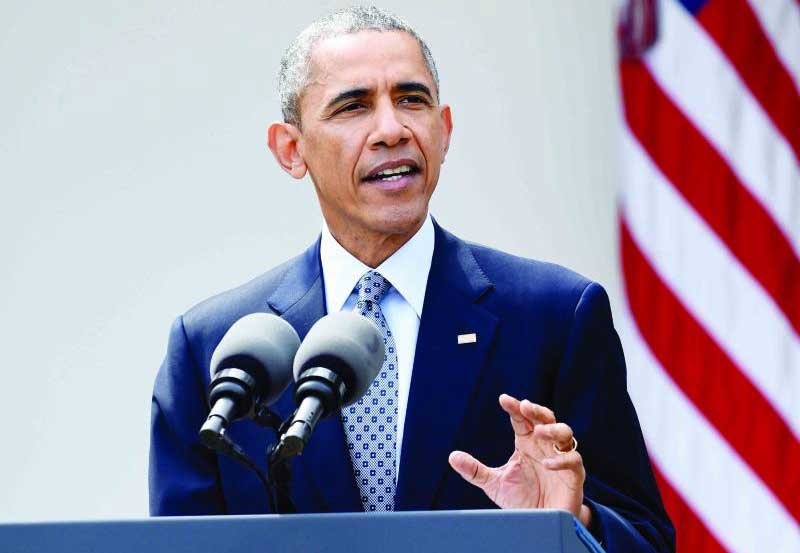×
The Standard e-Paper
Smart Minds Choose Us

“Kenya is at a crossroads,” warned former US President Barack Obama in July 2015 as he winded up his visit to Kenya. “You can choose the path of progress, but it requires making some important choices.”
Mr Obama’s visit this month will come against the backdrop of new political realities in the country. Then, the Government and the Opposition were at logger heads. The March 9 handshake between President Uhuru Kenyatta and Opposition leader Raila Odinga has calmed the country.